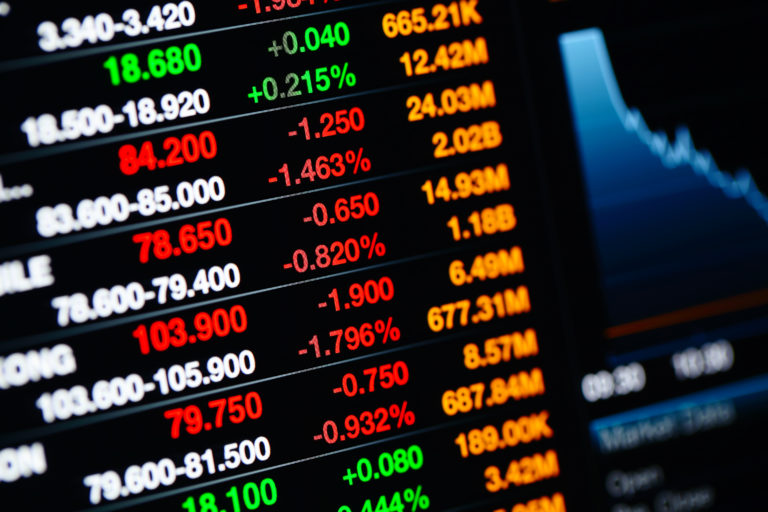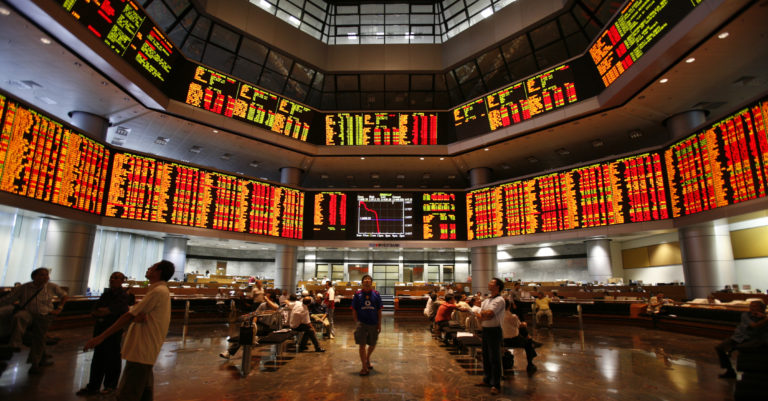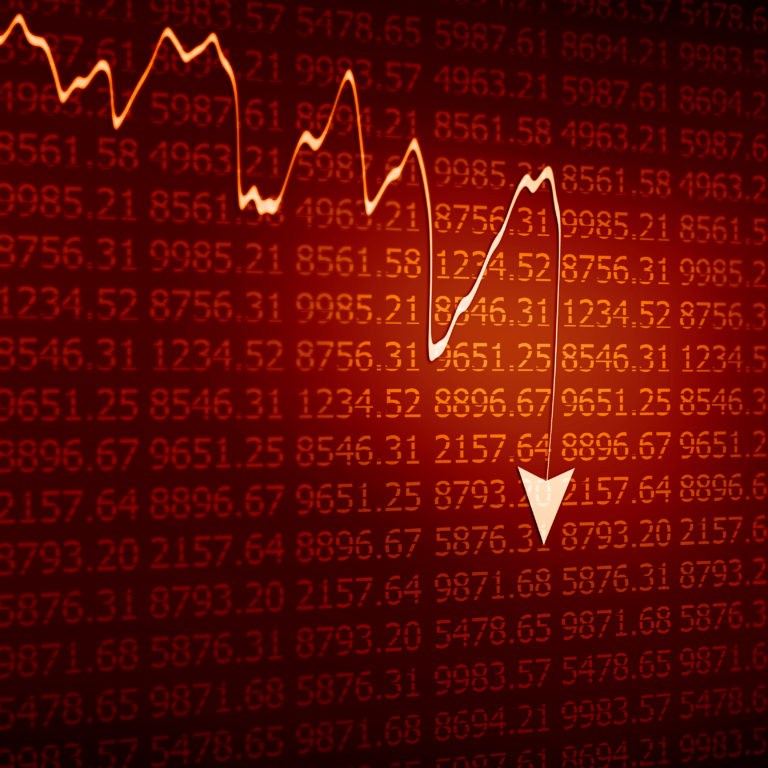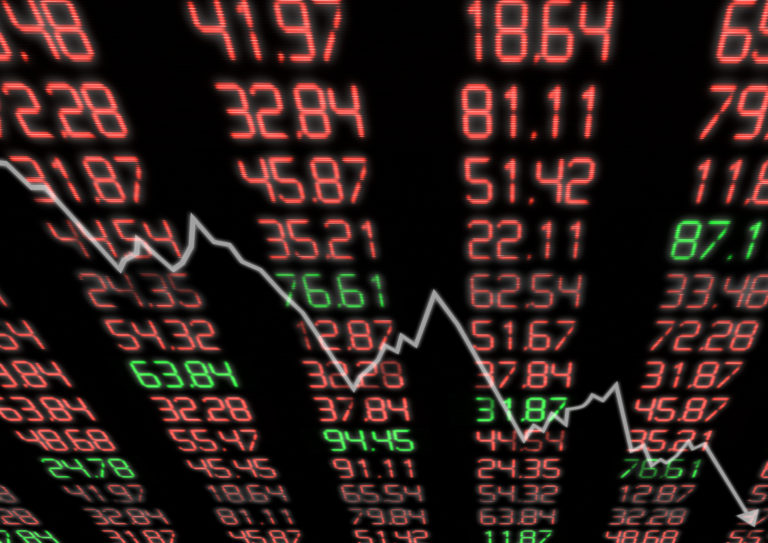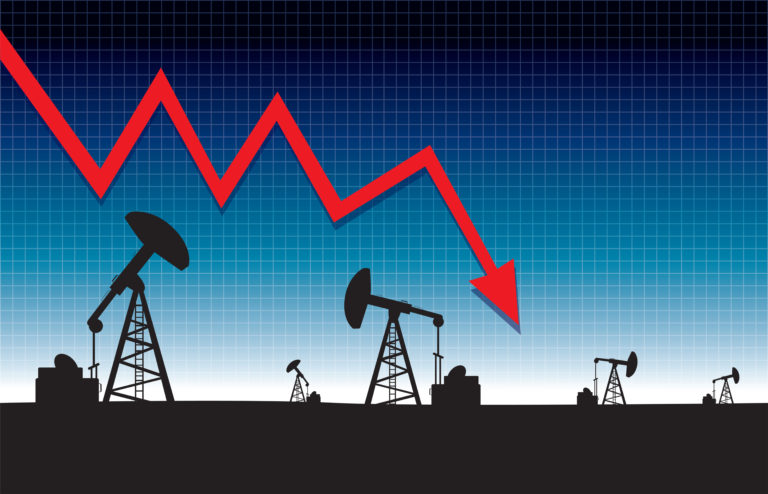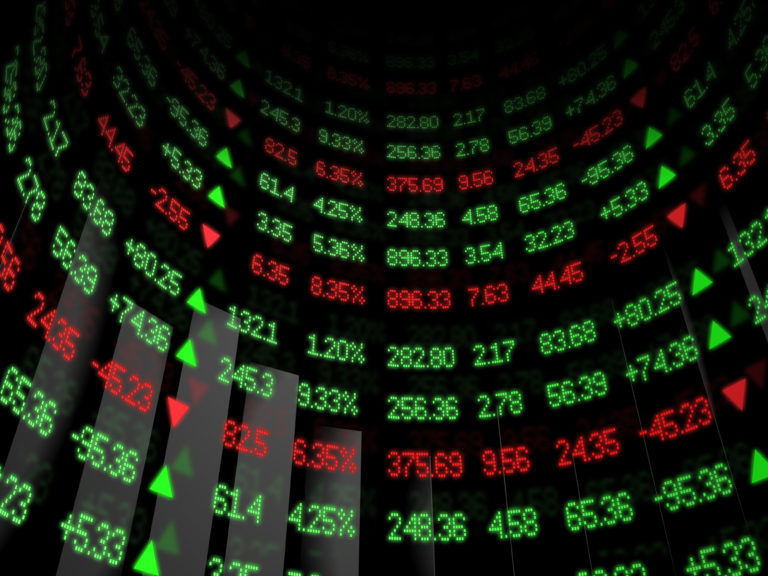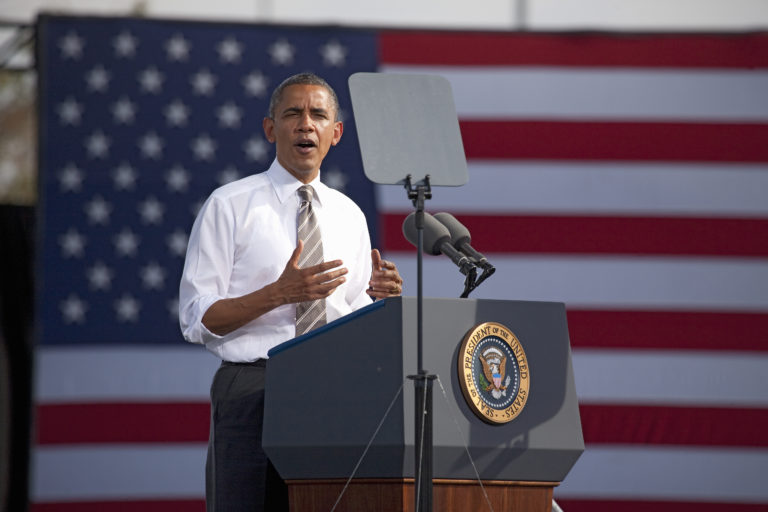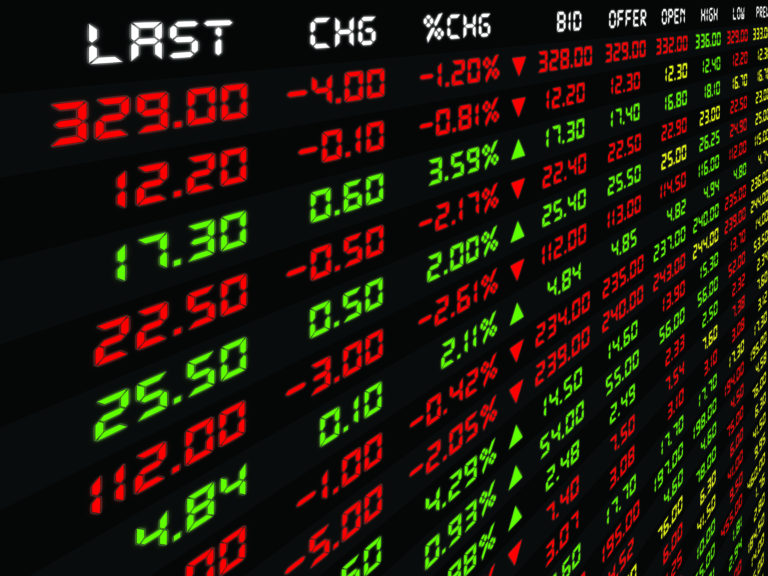In Tuesday night’s State of the Union address, President Barack Obama laid out his plans for the final two years of his presidency—and the focus will be on the country’s working class.
“The verdict is clear — middle-class economics works,” President Obama claimed. “Expanding opportunity works. And these policies will continue to work as long as politics don’t get in the way.”
Obama also took credit for the creation of economic policies that have produced ‘the fastest economic growth in a decade’ and explained his plans for tax increases of $320 billion that would affect big banks and the wealthiest American families while providing further breaks for the middle class.
The plan would lead to tax breaks for the middle class, while providing funding for government-paid tuition for community college students.
Of course, since the midterm elections went decidedly in favor of the GOP, Obama realizes he will need bipartisan cooperation in order to achieve any of his lofty goals over the next two years. To that end, he challenged Republican lawmakers to help make these ideas a reality by raising capital gains taxes and by closing tax loopholes on trust funds.
“Will we accept an economy where only a few of us do spectacularly well?” asked Obama. “Or will we commit ourselves to an economy that generates rising incomes and chances for everyone who makes the effort?”
The main threat to Obama’s plan is the inability of Democrats and Republicans to work hand-in-hand in creating an economy with greater equality. That threat was on display last night, as Obama threatened to use his veto power even while pleading with Republicans to work together with his administration.
After the State of the Union address, Obama’s comments were met with skepticism from Republican leaders like House Speaker John Boehner, who dismissed the new ideas as “more taxes, more government… more of the same ideas that have failed middle-class families.”
Six years ago, President Obama promised change for the better when he took office. Last night, he outlined the accomplished changes for the American public.
But in order to fulfill his promise, Obama will face his greatest challenge yet—establishing a ‘give-and-take’ relationship with Republicans that benefits both sides, as well as the American people.
(Photo by American Spirit/Shutterstock.com)




